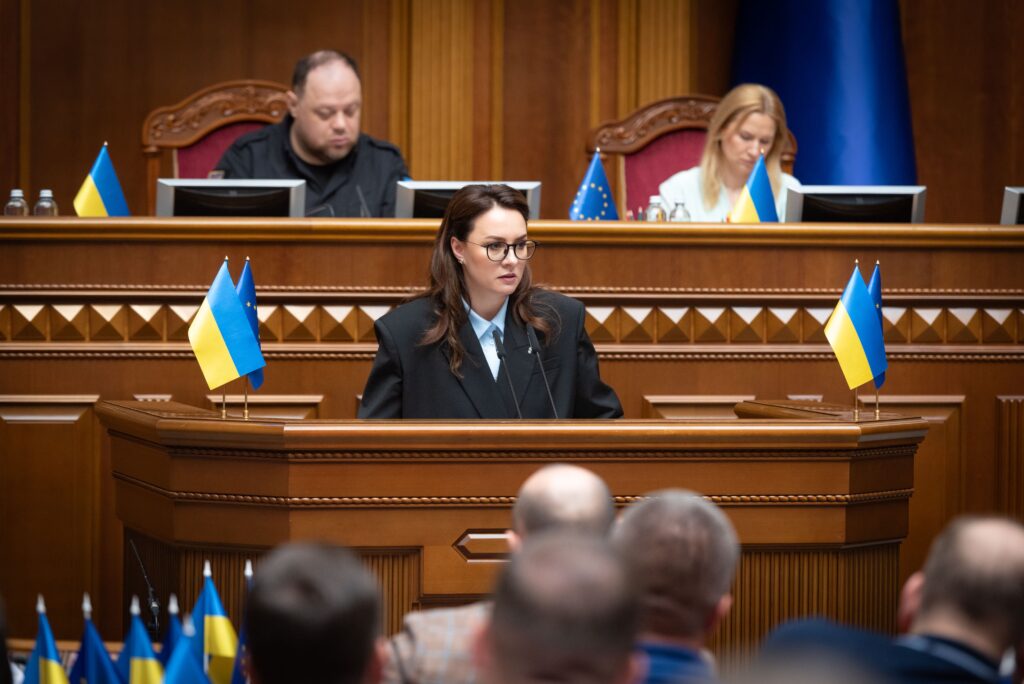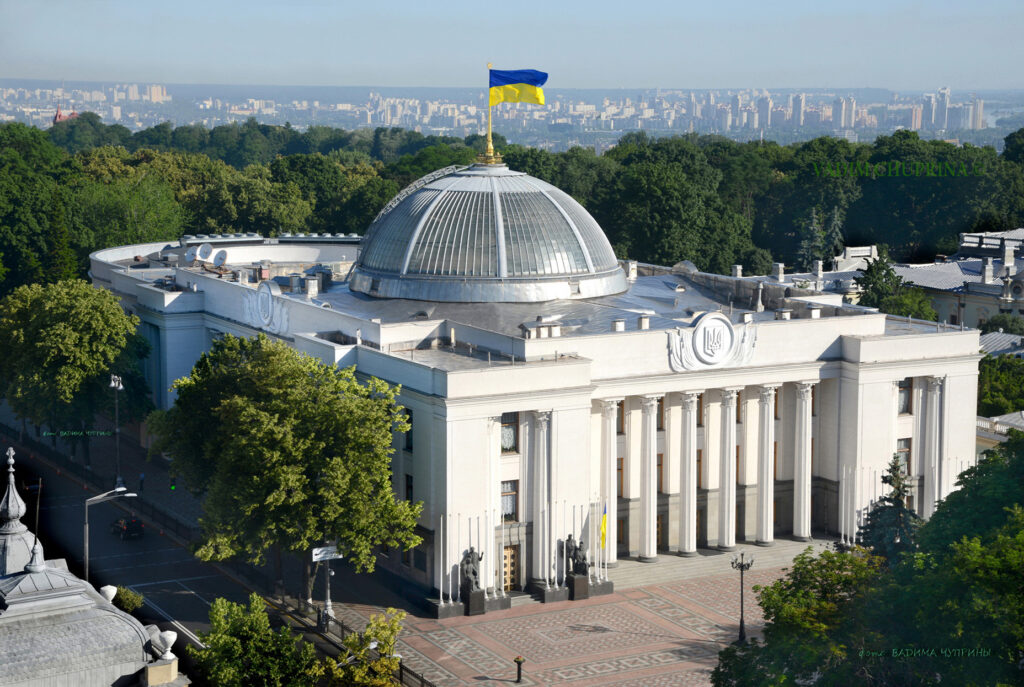Ukraine’s government demands lie detector test from its anti-corruption chief candidate

The Ukrainian government takes an unusual step amid EU pressure. Facing the threat of losing billions in aid, Ukrainian Prime Minister Yuliia Svyrydenko has announced that Oleksandr Tsyvinsky, the selected candidate for Director of the Bureau of Economic Security (BEB), has agreed he will undergo a polygraph test.
Svyrydenko: “A civilized solution is the polygraph”
The Ukrainian prime minister says she has held a direct meeting with Tsyvinsky on 1 August, during which they agreed he would take a polygraph test.
“We agreed with Oleksandr on how to remove all doubts in a civilized manner and arranged for him to take a polygraph test. This guarantees that the situation is free of manipulation and allows us to move forward,” Svyrydenko states.
She adds that the selection commission has already made its decision and that the government has received the results from additional background checks.
Tsyvinsky is a National Anti-Corruption Bureau (NABU) detective who won the BEB director position in June 2025. The competition involved international experts. Tsyvinsky leads one of NABU’s elite detective units. His appointment was to symbolize the restoration of trust in anti-corruption bodies.
However, on 7 July, the Ukrainian government refused to approve him, citing “security concerns” as assessed by the Security Service. In response, Tsyvinsky stated that the government’s decision “does not comply with the law.”
Government promises final decision next week
The prime minister emphasizes the shared interest in making the Bureau of Economic Security an effective institution trusted by both business and the public. She expresses hope that the Ukrainian government will reach a final decision next week.
“This will be a major contribution to rebuilding trust between the state and the business community,” Svyrydenko adds.
The government’s refusal to approve the competition winner marked another escalation in tense relations between Ukrainian authorities and NABU, which sharply intensified this summer.
On 22 July, President Volodymyr Zelenskyy signed the controversial bill, which curtails the NABU’s independence, as well as the liberty of the Specialized Anti-Corruption Prosecutor’s Office (SAPO), by requiring their key decisions to be coordinated with the Prosecutor General’s Office.
The law led to mass civil society protests and criticism from international partners as it contradicts Ukraine’s commitments to the EU and the US on anti-corruption reforms.
